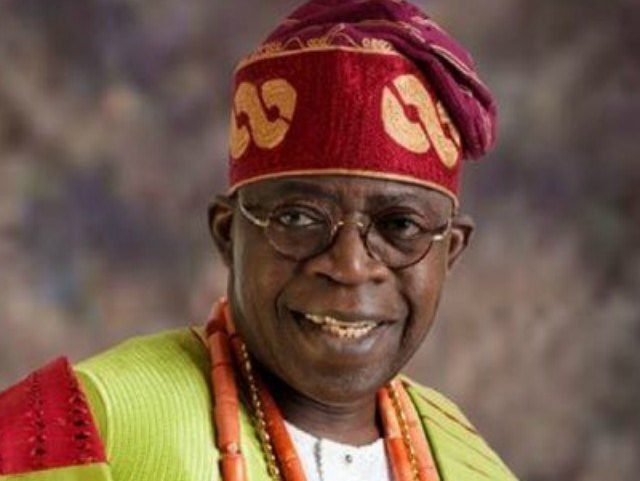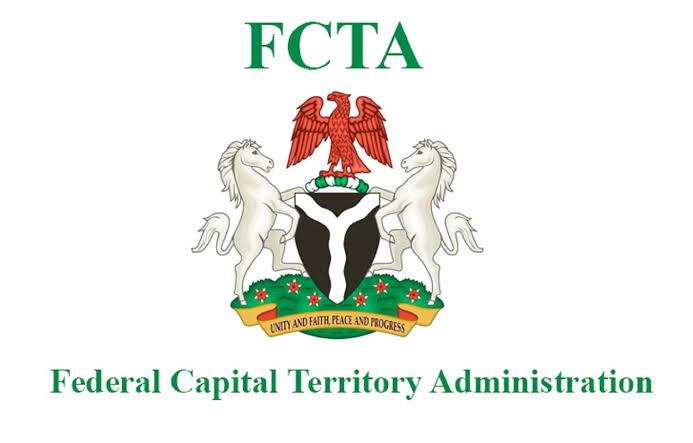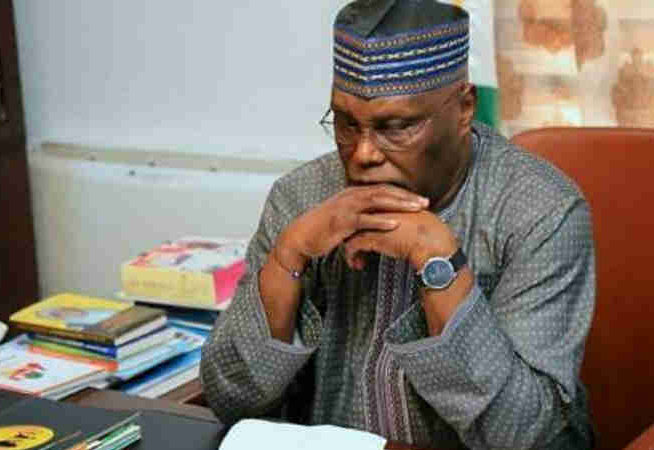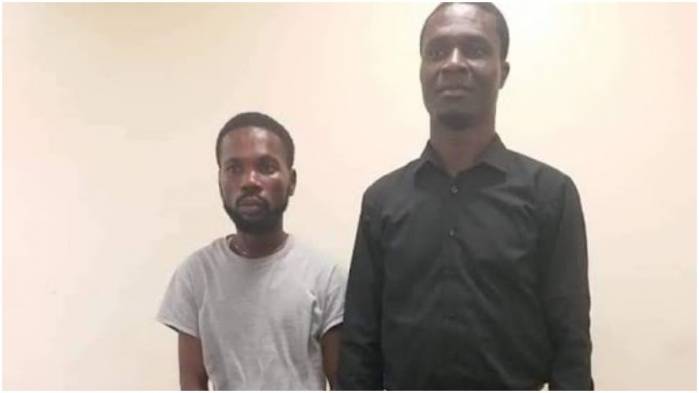Two months to the inauguration of the 9th National Assembly, the choice of who becomes the Speaker of the House of Representatives has become a subject of power tussle between the South West and North Central zones of the country, which is now threatening an earlier arrangement that threw up Femi Gbajabiamila (APC-Lagos), as the incoming Speaker of the House of Representatives.
Analysts say the power play is not unconnected with the fear that a national leader of the party, Asiwaju Bola Armed Tinubu will have overwhelming influence on the lower legislative chamber if his political son emerges as the new speaker.
As a result, there are disguised moves aimed at frustrating Tinubu’s camp from producing the next speaker even with the widespread endorsements that Gbajabiamila had received from his colleagues since making public his intention to run for the speakership position.
Sources claim that the new permutation is aimed at checkmating Tinubu by using the North Central governors. .
For that reason, the ongoing agitation to re-zone the speakership to the North Central is being fueled by certain individuals who are not comfortable with Tinubu’s growing powerbase who also see Gbajabiamila as a stooge for the former governor of Lagos State.
To counter the move, the North Central governors are said to be mobilizing support for some ranking Reps from the zone among them the present Deputy Majority Leader, Idris Wase.
According to a source, the reputation of the former Lagos governor has been sending jitters down the spines of his opponents within the APC fold that every move of his is viewed with suspicion.
For instance, this year’s colloquium that was held in commemoration of Tinubu’s birthday that was moved to Abuja from its traditional Lagos venue has become a topic of wide speculations with some of his opponents alleging that it is one of his tactical moves to expand his frontier to the nation’s Federal Capital in readiness for his next political move.
However, pundits have described the fears of Tinubu’s dominance of the nation’s political space as absurd, considering the huge sacrifice he made to ensure the success of the merger alliance that gave birth to the All Progressives Congress, APC in 2014.
The NEXT EDITION recalls that Tinubu led the Action Congress of Nigeria, ACN, into the mega alliance with five states but conceded the lion share (the Presidency) to the camp of Congress for Progressive Change, CPC, and worked tirelessly to ensure the success of the party in wresting power from the ruling Peoples Democratic Party, PDP, in 2015.
Whereas the ACN went into the alliance with six states from South-West and Edo, All Nigeria Peoples Party, ANPP, entered the deal with three states of Borno, Yobe and Zamfara, the CPC, on the other hand, approached the merger deal with only Nasarawa State.
Typical of any merger arrangement either in politics or business, the partner with the largest spread or resources determines the term of such an arrangement but Tinubu did not insist on taking the lion share, his camp settled for the Vice President’s slot.
Tinubu’s commitment to the unity of the APC is not in doubt, having been sidelined for a while after the party’s victory in 2015, he was beckoned upon to chair the party’s committee set up to reconcile aggrieved members in the build-up to the 2019 general elections, an assignment which he undertook with equanimity.
Analysts contend that since Tinubu has been toiling for the survival and interests of the party, he should not be seen as a threat to the interest of the North in the ruling party or a political figure that is manipulative or untrustworthy but should be seen as an immense asset to the ruling party.
READ ALSO: Police Deploy 3,066 Personnel for Rivers Supplementary Election, Restrict Movement
The Man Tinubu
Tinubu cut his political teeth in 1992 when he embraced the Shehu Musa Yar’Adua-led People’s Front, a faction of the Social Democratic Party, SDP. He later contested and won the Lagos West Senatorial District in the Third Republic, which was truncated by the military junta in 1993.
Tinubu, alongside Senator Polycarp Nwite and a few other lawmakers did not surrender their mandates without a fight; they tried to reconvene the Senate, a move that was visited with brute force by the military junta.
Following the military’s crackdown, Tinubu and other activists retreated to the trenches and came up with National Democratic Coalition, NADECO, a frontline group that championed the struggle for the retrieval of June 12 mandate of Chief MKO Abiola.
He later escaped with the help of some fishermen who paddled him out of Lagos in 1994 when the military regime of Gen. Sanni Abacha came down hard on members of NADECO and other activists.
On his return from exile in 1998, Tinubu pitched his political tent with Pa Abraham Adesanya and Ayo Adebanjo and other democrats in the Alliance for Democracy, AD, a platform on which he ran for the governorship of Lagos State. He won the governorship race and served the state for two terms, from 1999 to 2007.
In 2007, the Federal Government brought Tinubu before the Code of Conduct Tribunal for trial over an allegation of illegal operation of 16 separate foreign accounts. He was, however, cleared of all charges during the trial.
Over the years, Tinubu had tried to stretch his influence and power base beyond the South-West and Edo. For instance, his attempts to enthrone Dr. Chris Ngige as a governor in Anambra and James Falake as Kogi governor were not as successful as he had envisaged but both politicians remain his political sons till date.
A man of great political sagacity and formidable wherewithal, Tinubu, according to his associates, has the ability to observe others and to accurately understand them and influence them to key into his vision.
He is said to be transparent, honest and sincere with his followers. And to members of his camp, Tinubu’s word is his bond and they are willing to follow him on any political path he toes.
Nevertheless, Tinubu’s opponents are of the opinion that he has cornered most states in South-West especially Lagos, which he now administers as his personal estate.
This line of thought was reinforced by members of Free Lagos Movement who accused Tinubu of ruling Lagos through his relatives and friends.
Mr. Mark Adebayo, who spoke on behalf of the group on the eve of the recently concluded Governorship and State Assembly elections, alleged that after eight years as Lagos governor, Tinubu has continued to govern the state by proxy till date.
Despite the allegations, Tinubu has paid his dues in Nigeria’s democracy and may be racing for the ultimate prize of becoming the nation’s number one citizen in 2023. Who knows? Only time will tell!












